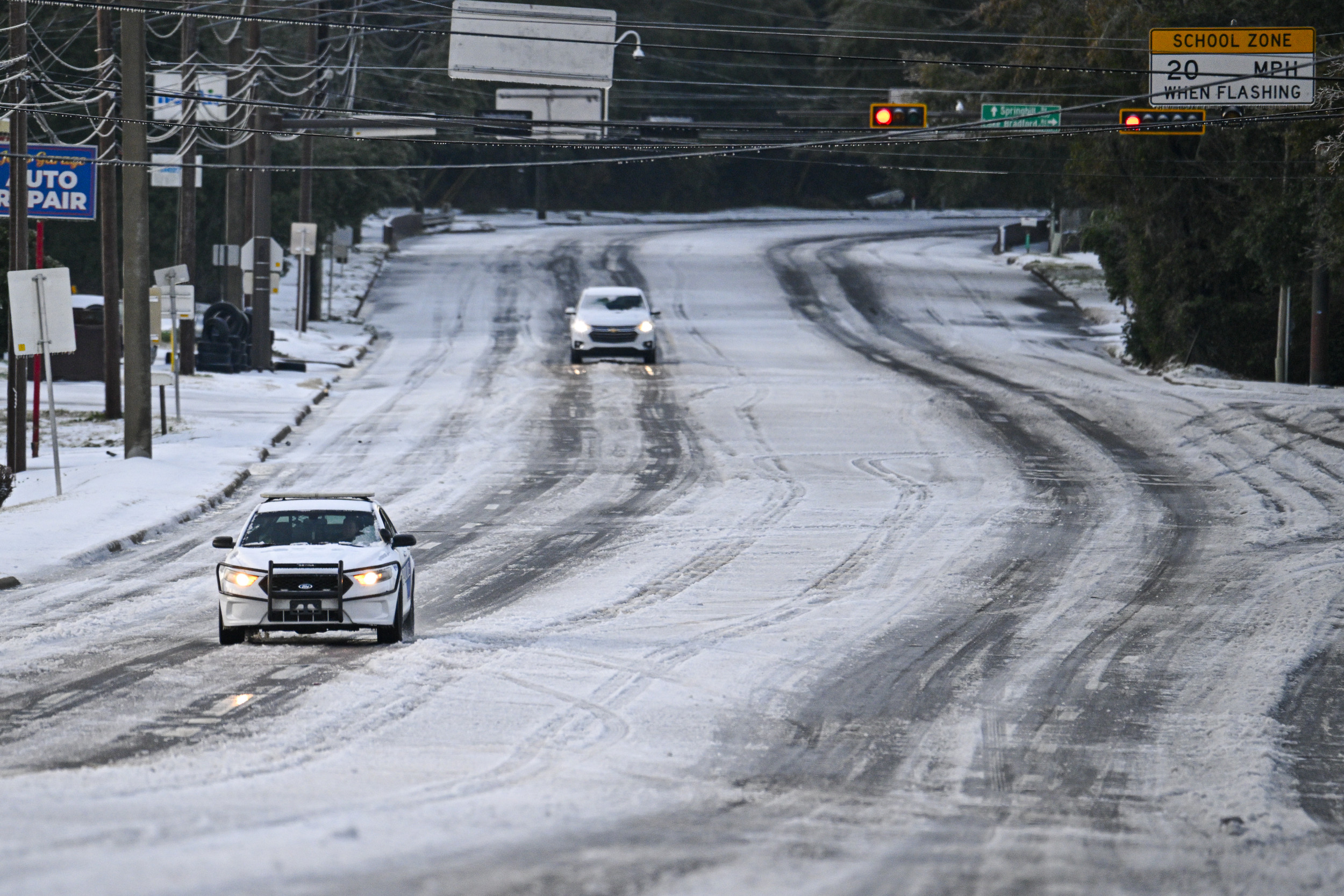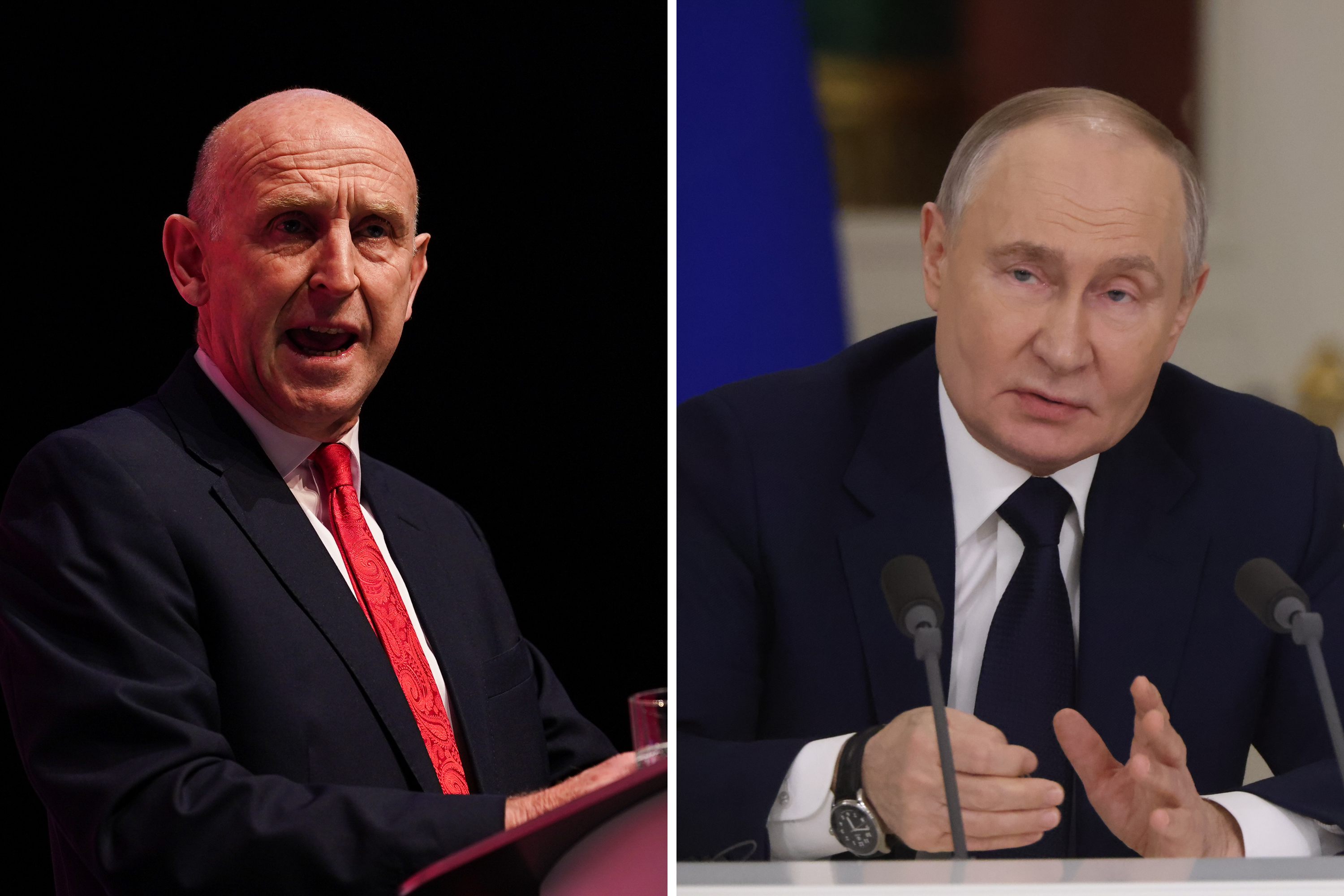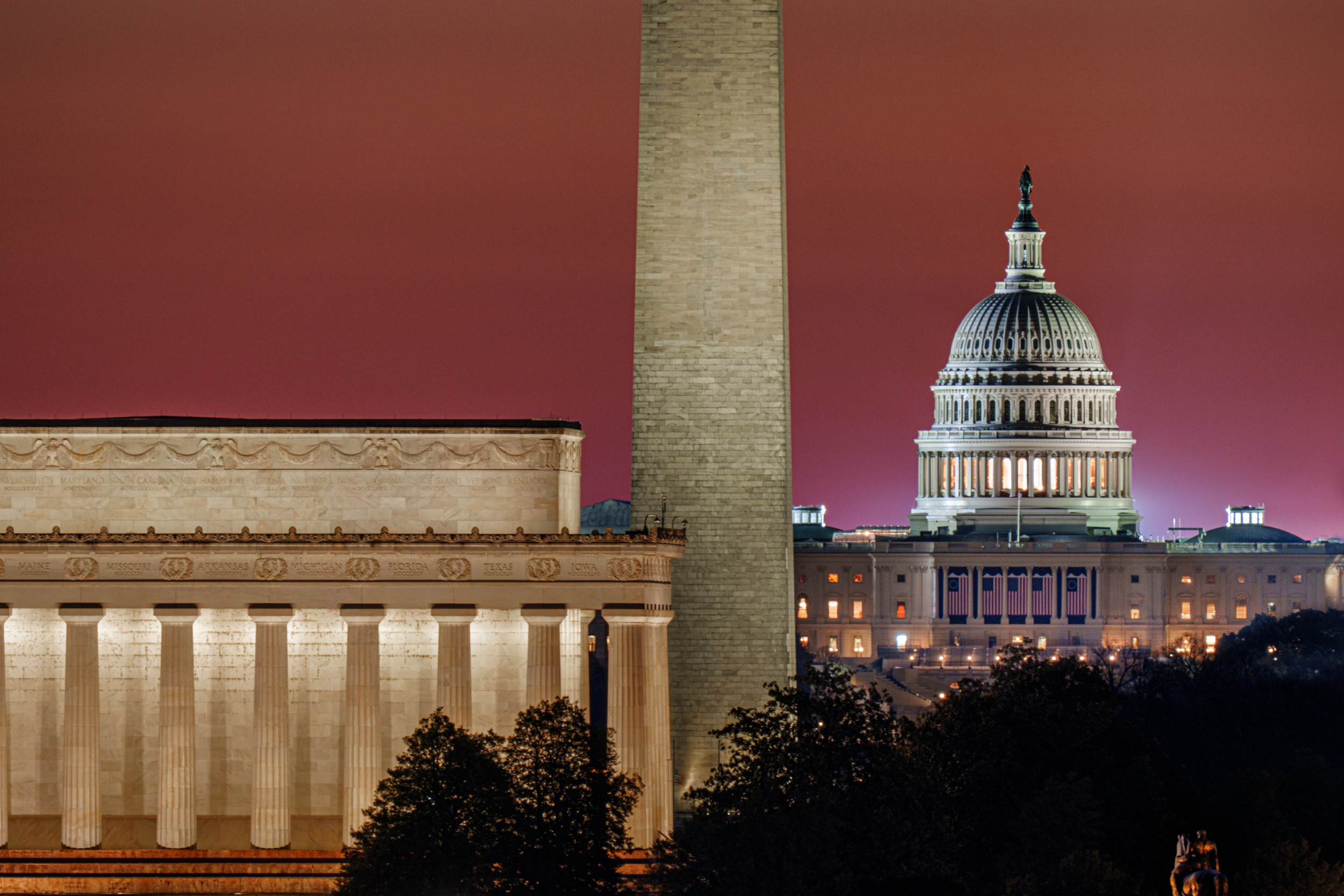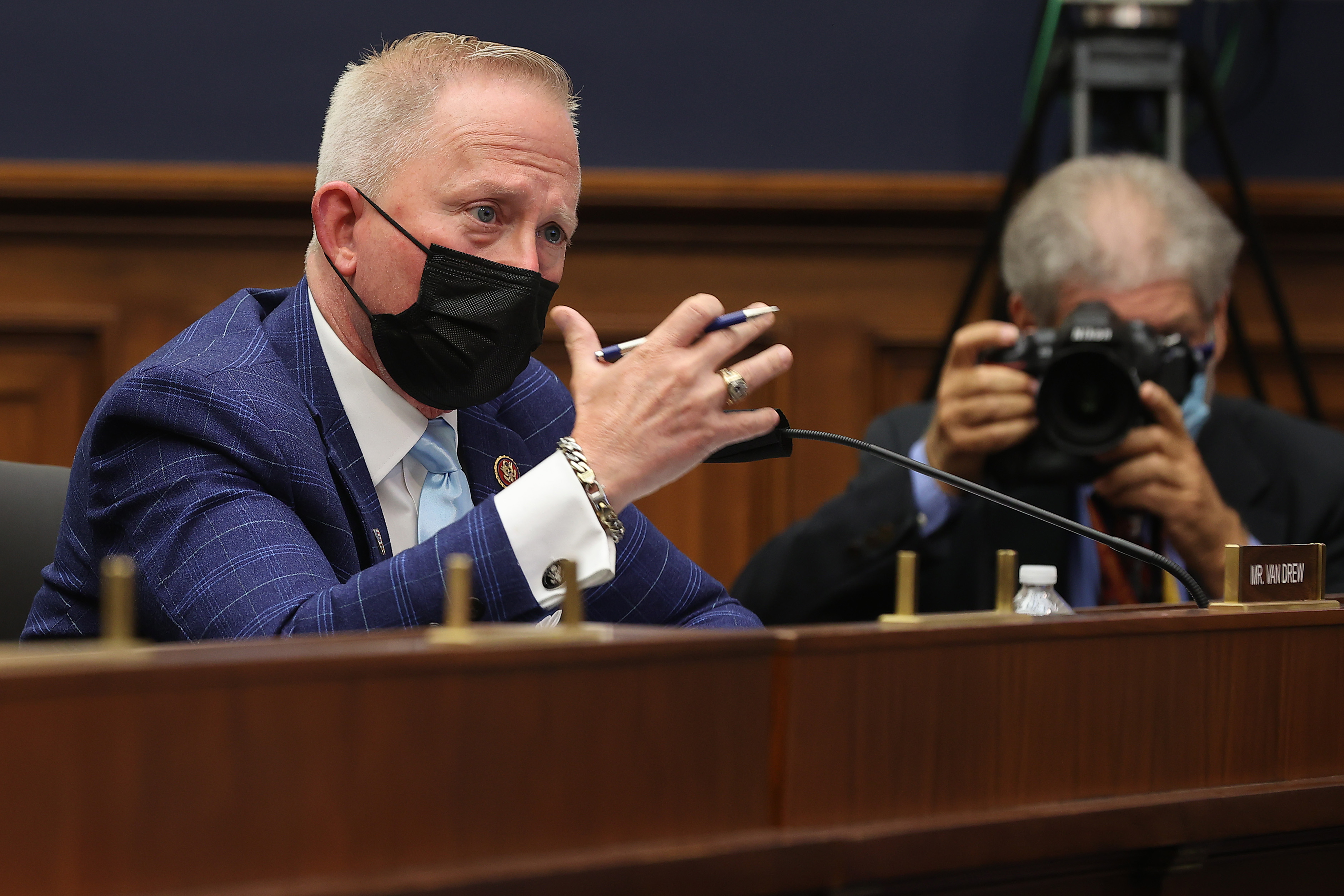The increased frequency of natural disasters such as the Los Angeles wildfires could shake the stability of financial markets and eventually "break" the U.S. economy, according to economist Gary W. Yohe.
"In a world impacted by increasing climate risk, traditional insurance models no longer apply," Yohe, the Huffington Foundation Professor of Economics and Environmental Studies at Wesleyan University in Middletown, Connecticut, wrote in a recent piece for The Conversation.
"This state of affairs isn't just dangerous for homeowners and communities—it could create widespread financial instability."
Newsweek contacted Yohe for comment by email on Wednesday morning, outside of standard working hours.
Why It Matters
The recent fires in Southern California and devastating hurricanes like Helene and Milton in Florida last year have revealed the fragility within the nation's homeowners insurance systems, which are crumbling under the weight of the growing catastrophe exposure and rising costs.
In both states, several major insurance companies have cut coverage in the most at-risk areas in recent years, leaving homeowners scrambling to find an alternative policy. In both California and Florida, the states' insurers of last resort, the FAIR Plan and Citizens, have grown massively to compensate for the loss of options on the traditional market.
What To Know
Yohe is among the many experts who have warned that states like California and Florida are becoming "uninsurable" and reveal a crisis that could soon expand to the whole U.S. insurance system.
"Climate change is undermining the insurance systems American homeowners rely on to protect themselves from catastrophes," Yohe wrote in a piece published on Tuesday. "This breakdown is starting to become painfully clear as families and communities struggle to rebuild."

The scale and intensity of natural disasters like the Southern California fires, "linked in part to climate change," Yohe wrote, has made clear that traditional insurance models "no longer apply," the expert said. The growing risk of paying enormous damages at an increasingly frequent rate makes it so that insurers can no longer set premiums accurately the way they have done for decades.
"Thanks to climate change, risks are increasingly difficult to measure, and costs are increasingly catastrophic," Yohe wrote. "It seems clear to me that a new paradigm is needed."
A Widespread Crisis
The threat posed by climate change isn't limited to the property insurance sector, according to Yohe.
"This collapse could pose a threat to the stability of financial markets well beyond the scope of the [Los Angeles] fires," he said. A dysfunctional property insurance sector could "create widespread financial instability," the economist said.
In November 2020, the Federal Reserve wrote of the increased risk posed by climate change that "acute hazards, such as storms, floods, droughts, or wildfires" have the potential to quickly change the value of real or financial assets, something which could result "in an increased frequency and severity of financial shocks."
What People Are Saying
L.A. resident Trevor Saliba, COO of Swiss-based investment holding company NFG SA, previously told Newsweek about the Los Angeles fires: "Insured losses could potentially reach well over $100 billion. This major financial hit to insurers could have lasting effects on the availability and cost of property insurance throughout California."
A report on climate change the U.S. property insurance sector released in December by the Senate Budget Committee read: "Unless the United States and the world rapidly transition to clean energy, climate-related extreme weather events will become both more frequent and more violent, resulting in ever-scarcer insurance and ever-higher premiums.
"This is predicted to cascade into plunging property values in communities where insurance becomes impossible to find or prohibitively expensive—a collapse in property values with the potential to trigger a full-scale financial crisis similar to what occurred in 2008."
What's Next
As the Federal Reserve wrote in 2020, "the timing and repercussions" of the financial shocks created by extreme weather events linked to climate change "are difficult to predict in advance."
But it's clear that, historically, the frequency of violent natural disasters is growing, and that in some of the most vulnerable states like California and Florida the property insurance market is already struggling to cope.




















 English (US) ·
English (US) ·